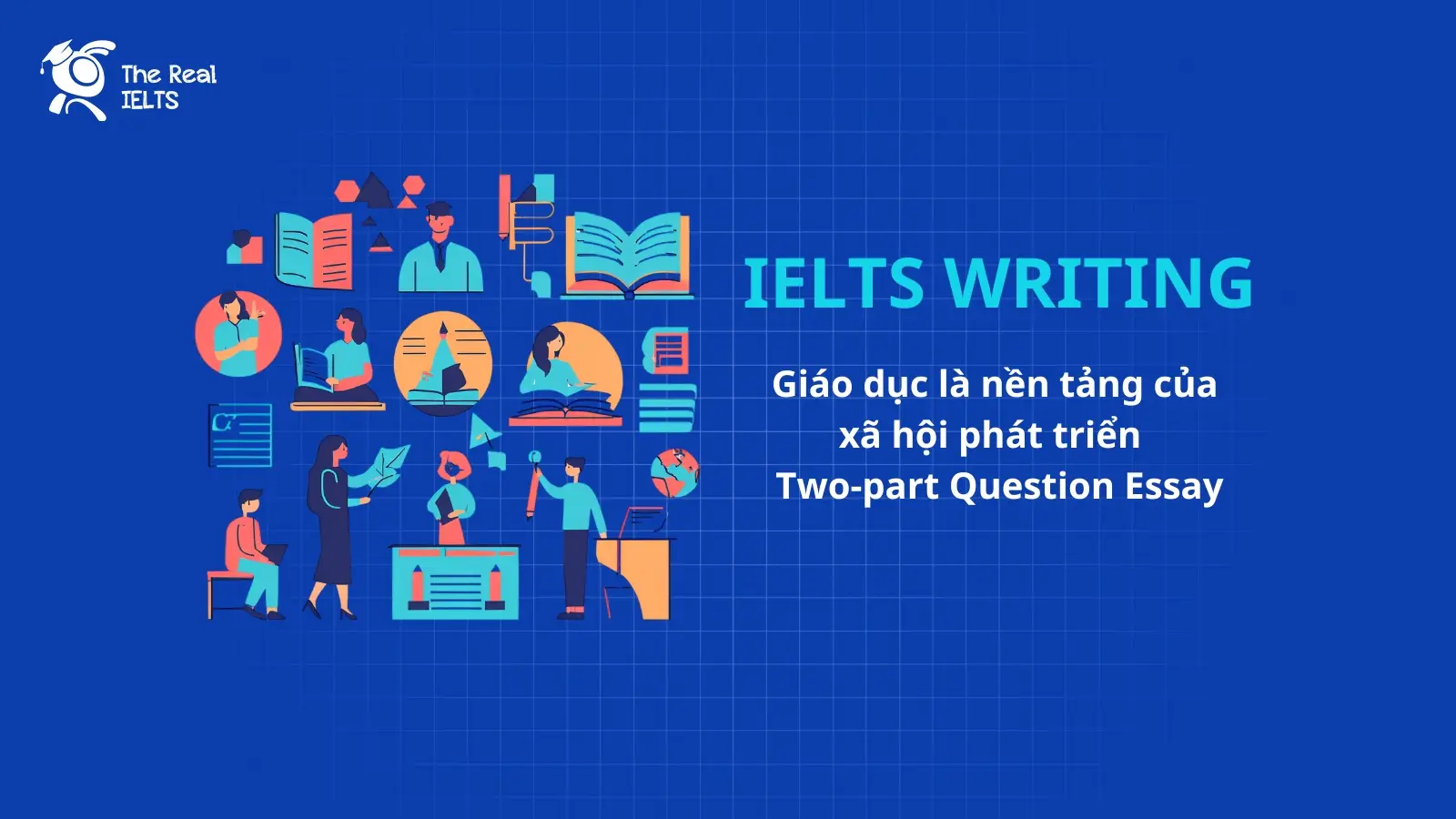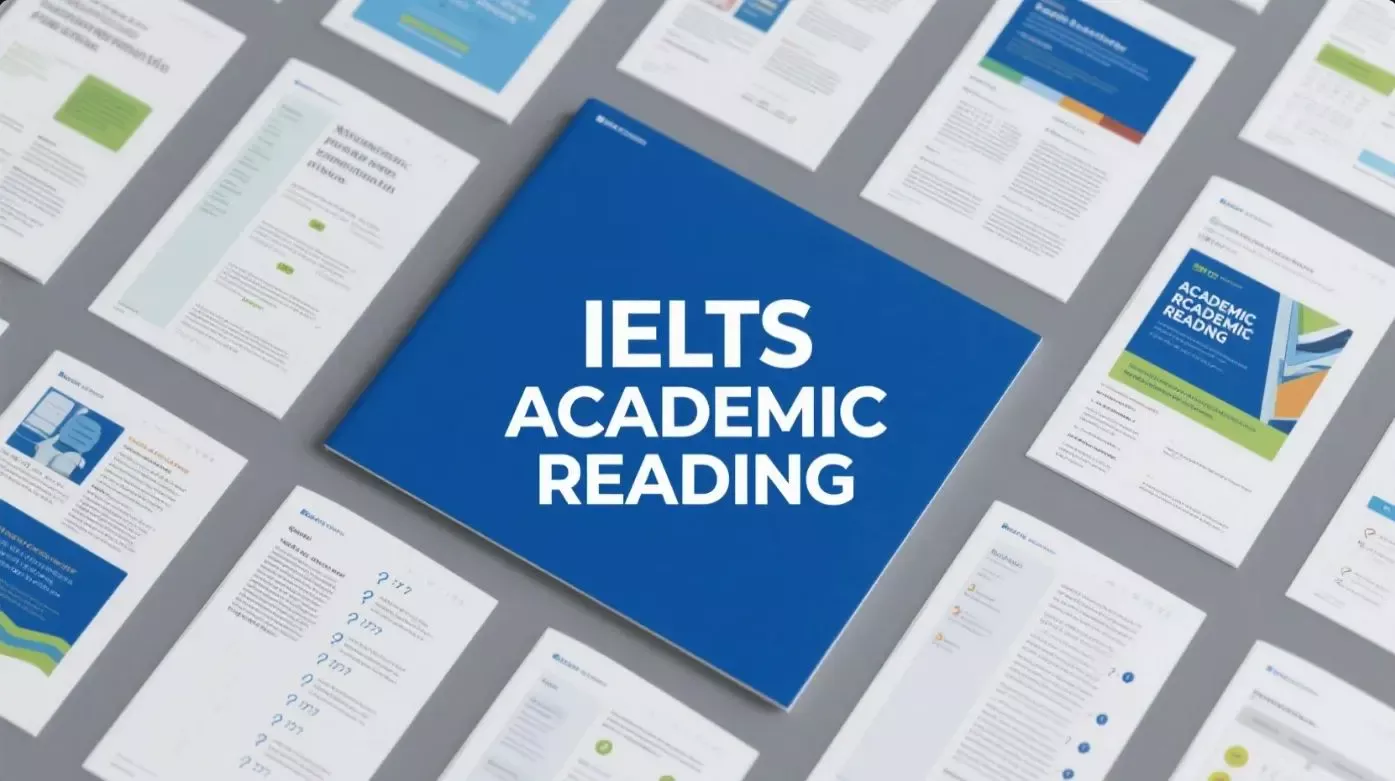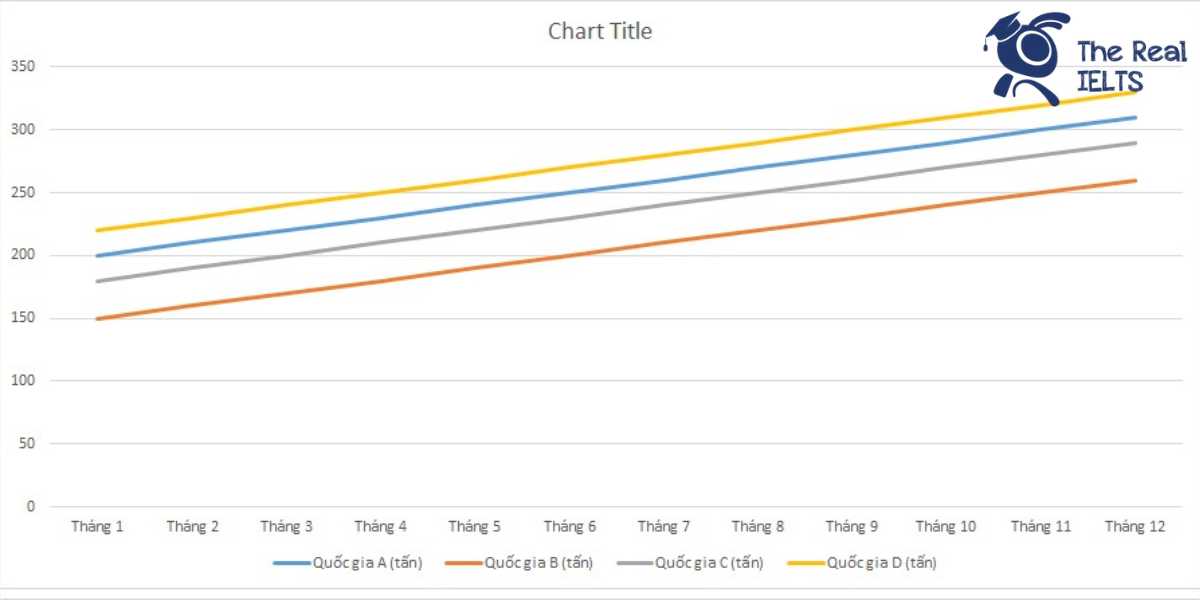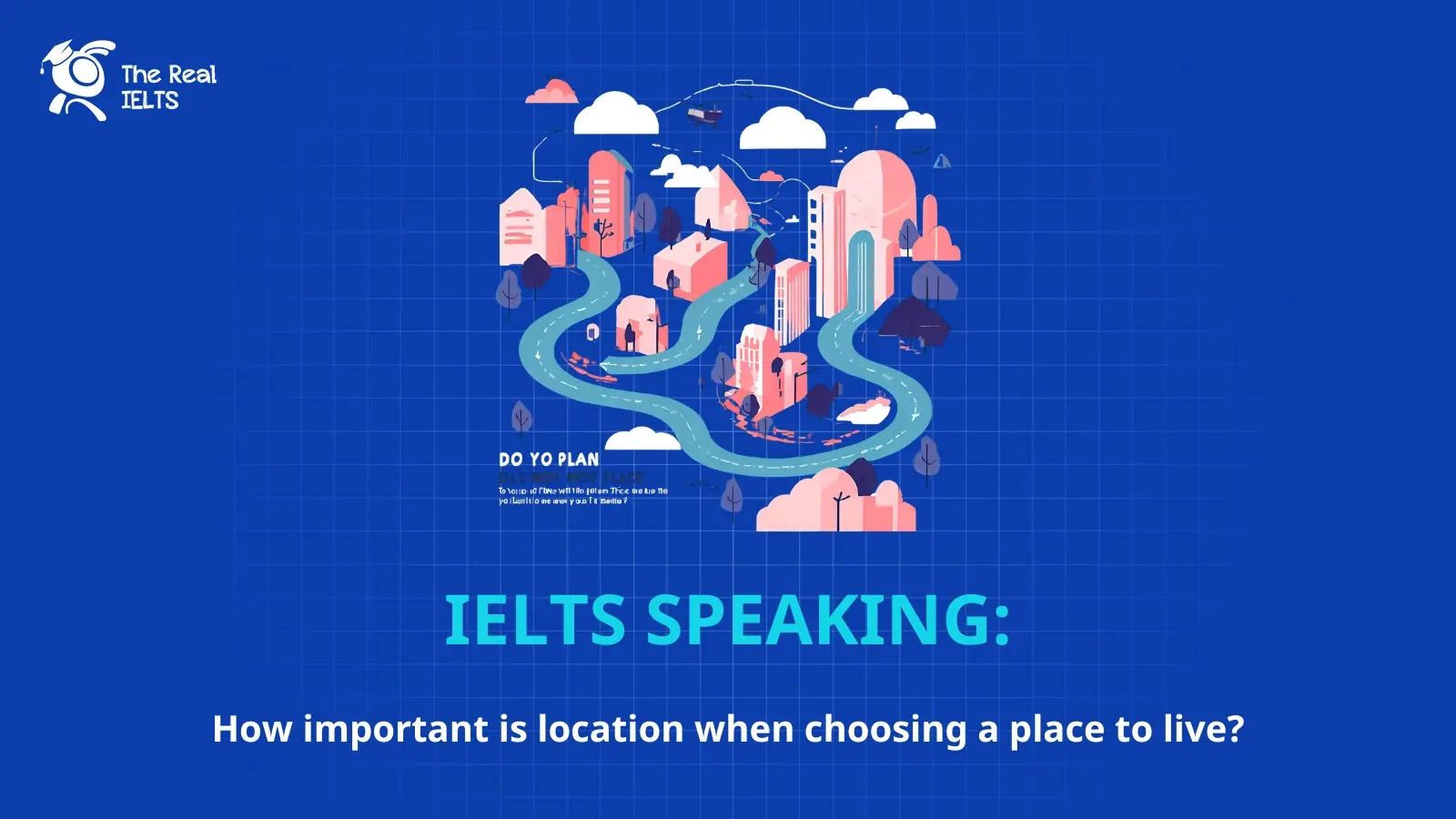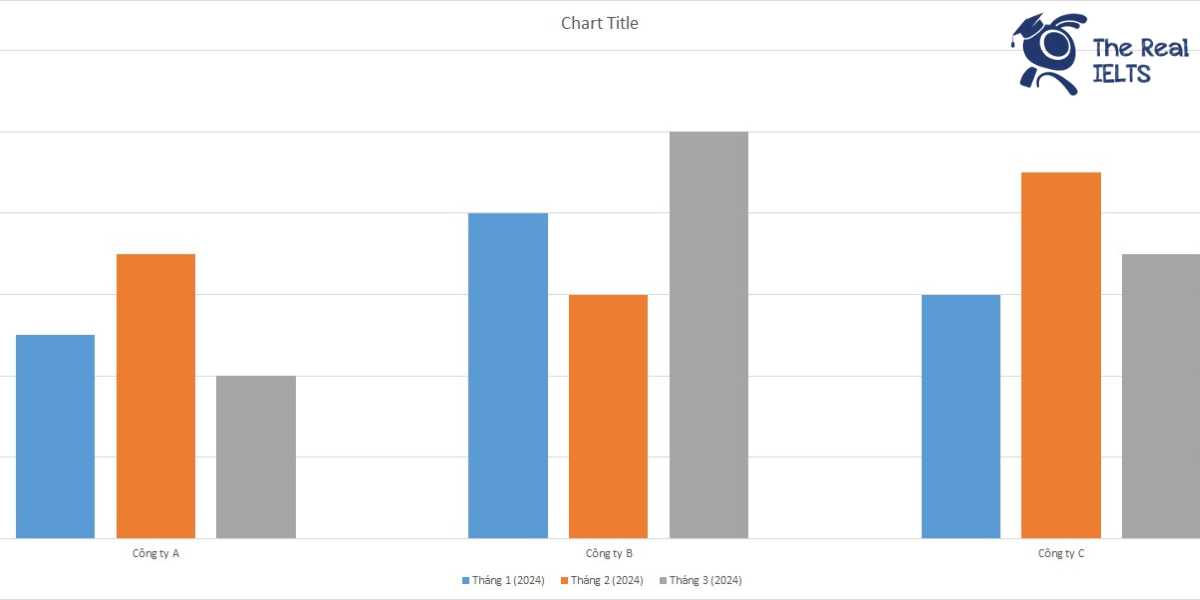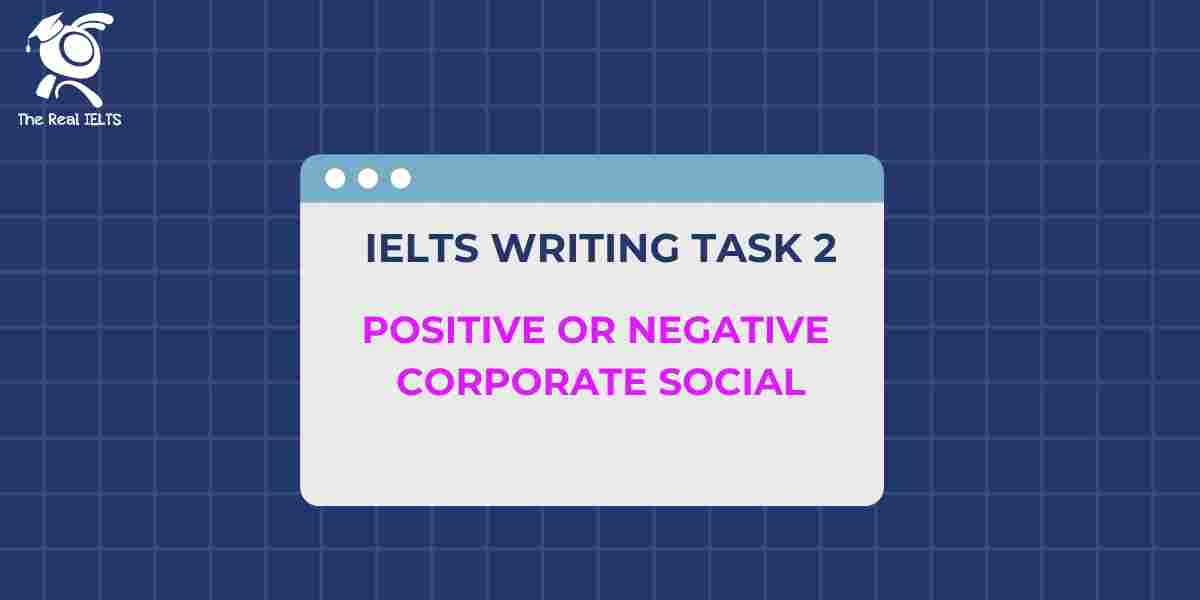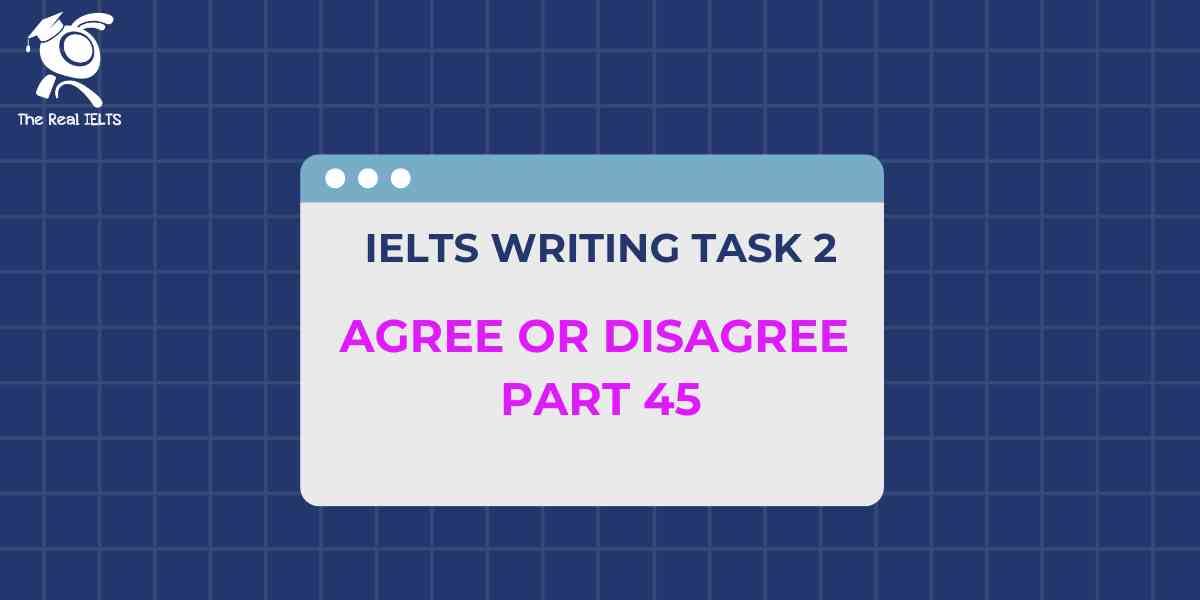“Giáo dục có phải là chìa khóa vàng cho sự phát triển xã hội?” Khám phá câu trả lời trong bài viết IELTS Writing Task 2 dạng Two-part Question. Tìm hiểu cách trả lời 2 câu hỏi, triển khai luận điểm, và đạt điểm cao.
Đọc thêm: IELTS Writing Task 2: Giáo dục là nền tảng của xã hội phát triển – Cause and Effect Essay
Đề bài IELTS Writing Task 2: Giáo dục là nền tảng của xã hội phát triển – Two-part Question Essay
Câu trả lời 1
Education is widely recognized as a cornerstone of societal progress. This essay will discuss the crucial role education plays in a country’s development and outline measures governments can implement to ensure equal access to education for all citizens.
Why is education important for a country’s progress?
Education is essential for a nation’s progress for several reasons:
- Economic Growth: Education equips individuals with the knowledge and skills necessary for a productive workforce, leading to increased productivity, innovation, and economic growth. A skilled workforce can attract foreign investment and enhance a nation’s competitiveness in the global market.
- Social Development: Education fosters social cohesion, tolerance, and understanding by promoting critical thinking and informed decision-making. It empowers citizens to participate actively in democratic processes and contribute to a more just and equitable society.
- Human Capital Development: Education cultivates a nation’s human capital, its most valuable resource. By investing in education, countries invest in the potential of their citizens, fostering creativity, problem-solving abilities, and adaptability – essential skills for a rapidly changing world.
- Improved Health and Well-being: Education empowers individuals to make informed decisions about their health and well-being, leading to better health outcomes and a higher quality of life. It also provides individuals with the resilience to cope with challenges and navigate a complex world.
- Reduced Poverty and Inequality: Education can break the cycle of poverty by providing individuals with the tools they need to improve their economic prospects. It empowers marginalized communities and promotes social mobility, leading to a more equitable society.
What measures can governments take to ensure equal access to education for all?
Governments can take several steps to ensure equitable access to education:
- Increased Investment: Governments must prioritize education and allocate sufficient funding to build and maintain quality schools, recruit and train qualified teachers, and provide essential resources for all students.
- Targeted Interventions: Specific programs and policies should be implemented to address disparities in educational access based on socioeconomic status, gender, geographic location, and disability. Scholarships, financial aid, transportation assistance, and special education programs can help ensure that all students have equal opportunities.
- Early Childhood Education: Investing in early childhood education programs provides a strong foundation for future learning and can significantly improve educational outcomes, particularly for children from disadvantaged backgrounds.
- Teacher Training and Development: High-quality teacher training programs and ongoing professional development opportunities are crucial for ensuring a skilled and effective teaching workforce. Competitive salaries and incentives can attract and retain talented educators, especially in underserved areas.
- Curriculum Reform: Curricula should be regularly reviewed and updated to ensure relevance to the current job market and societal needs. Emphasis should be placed on developing critical thinking, problem-solving, creativity, and digital literacy skills.
- Community Involvement: Engaging parents and community members in the educational process can improve school governance, increase parental support, and create a more conducive learning environment.
- Utilizing Technology: Leveraging technology can expand access to educational resources, particularly in remote or underserved areas. Online learning platforms and educational software can provide personalized learning experiences and bridge educational gaps.
By implementing these measures, governments can ensure that all citizens have equal access to quality education, unlocking their full potential and driving sustainable and inclusive societal development.
Câu trả lời 2
Education plays a fundamental role in a country’s progress by driving economic growth, social stability, and innovation. However, many societies still face challenges in ensuring equal access to education for all citizens. This essay will explore why education is crucial for national development and suggest measures that governments can take to make education more accessible.
The Importance of Education for a Country’s Progress
One of the primary reasons education is essential for a nation’s development is its contribution to economic growth. A well-educated workforce enhances productivity, attracts investment, and fosters entrepreneurship. Countries with high literacy rates and advanced education systems often experience rapid industrialization and technological innovation, leading to increased economic prosperity.
Additionally, education promotes social stability and equality. It provides individuals with knowledge and skills to secure better job opportunities, reducing poverty and bridging income gaps. Furthermore, education fosters awareness of human rights, gender equality, and civic responsibilities, helping to create a more inclusive and fair society.
Another crucial aspect is that education strengthens governance and democracy. Educated citizens are more likely to engage in political discussions, vote in elections, and advocate for policies that benefit society. This leads to transparent governance and reduced corruption, which are essential for sustainable national progress.
Measures to Ensure Equal Access to Education
To provide equal educational opportunities for all citizens, governments should implement several key measures.
Firstly, increasing government investment in education is essential. This includes building more schools, especially in rural and underprivileged areas, and ensuring that institutions are equipped with modern facilities, qualified teachers, and adequate learning resources.
Secondly, providing financial assistance, such as scholarships and free tuition programs, can help children from low-income families access education. Many students are unable to attend school due to financial constraints, and targeted support can help overcome this barrier.
Moreover, improving teacher training and working conditions is necessary to enhance the quality of education. Governments should offer competitive salaries, continuous professional development, and incentives to attract and retain skilled educators, particularly in disadvantaged regions.
Additionally, leveraging technology can bridge educational gaps. Online learning platforms, digital classrooms, and distance education programs can provide access to knowledge for students in remote areas, ensuring they receive the same quality of education as those in urban centers.
Finally, governments should implement policies that promote gender equality in education. In some societies, girls face cultural and social barriers to schooling. Awareness campaigns and legal reforms can help eliminate discrimination and encourage equal educational opportunities for all genders.
In conclusion, education is vital for a country’s economic prosperity, social stability, and democratic development. To ensure equal access to education, governments should invest in infrastructure, provide financial assistance, improve teacher quality, utilize technology, and promote gender equality. By implementing these measures, nations can create a more educated and prosperous society.
Câu trả lời 3
Education is a cornerstone of societal development and is crucial for a country’s progress. It not only empowers individuals but also fosters economic growth, social stability, and innovation. This essay will discuss why education is vital for a nation’s advancement and propose measures governments can take to ensure equal access to education for all.
Why education is important for a country’s progress:
One of the primary reasons education is critical for progress is its role in creating a skilled workforce. Education equips individuals with the knowledge and abilities needed to participate in various sectors of the economy, from healthcare and engineering to information technology. A highly educated workforce drives innovation and productivity, which are essential for economic growth. For instance, countries like Singapore have successfully used education as a tool to transition from low-income to high-income economies.
Education also contributes to reducing social inequalities. It provides opportunities for upward mobility, enabling people from disadvantaged backgrounds to improve their circumstances. This leads to a more equitable society where everyone can contribute to national development. Furthermore, education promotes civic awareness and responsible citizenship, fostering democratic governance and social harmony.
Another critical aspect is that education improves overall quality of life. Educated individuals are more likely to make informed decisions about health, family planning, and financial management, which benefits society as a whole. These positive outcomes further underscore the importance of education in driving sustainable progress.
Measures to ensure equal access to education:
Governments can implement several measures to make education accessible to all. First, increasing public funding for education is essential, especially in underserved areas. This includes building schools in remote regions, providing free textbooks and learning materials, and ensuring that schools have adequate infrastructure.
Second, governments should introduce policies to support marginalized groups. For example, offering scholarships and financial aid can help students from low-income families afford education. Similarly, programs that address gender inequality, such as campaigns encouraging girls to attend school, can help bridge access gaps.
Third, investing in teacher training is crucial. Well-trained educators are more effective in delivering quality education, which can improve learning outcomes. Additionally, integrating technology, such as online learning platforms, can help reach students in areas where schools and teachers are scarce.
Finally, raising awareness about the importance of education is vital. Community engagement programs can encourage parents to prioritize their children’s education and reduce cultural or social barriers that prevent children, especially girls, from attending school.
Education is indispensable for a country’s progress, as it drives economic growth, reduces inequalities, and improves quality of life. To ensure equal access to education for all, governments must invest in infrastructure, support marginalized groups, enhance teacher training, and promote awareness. By prioritizing education, nations can create a more prosperous and equitable future.
Câu trả lời 4
Education plays a crucial role in the progress of a nation, as it drives economic growth, fosters social stability, and promotes innovation. However, many countries still struggle with ensuring equal access to education for all. This essay will discuss the importance of education in national development and suggest measures that governments can implement to make education more accessible.
Why Education is Important for a Country’s Progress
Firstly, education is the foundation of economic growth. A well-educated workforce enhances productivity, fosters entrepreneurship, and attracts foreign investment, leading to overall national prosperity. For example, countries like Singapore and Germany have achieved significant economic success due to their strong education systems, which produce highly skilled professionals.
Secondly, education promotes social stability and reduces inequality. By providing individuals with knowledge and skills, education empowers people to secure better jobs and improve their quality of life. It also plays a key role in reducing crime rates and promoting civic responsibility, as educated citizens are more likely to contribute positively to society.
Furthermore, education drives innovation and technological advancements. Scientific discoveries, medical breakthroughs, and advancements in engineering all stem from a well-educated population. Nations that invest in education often become leaders in research and development, driving long-term progress.
Measures Governments Can Take to Ensure Equal Access to Education
To ensure that education is accessible to all, governments should increase funding for schools, particularly in rural and underprivileged areas. This includes building more schools, hiring qualified teachers, and providing free learning materials to students from low-income backgrounds.
Additionally, scholarships and financial aid programs should be expanded to support students who cannot afford tuition fees. Many talented individuals are unable to pursue education due to financial constraints, and providing financial assistance can help bridge this gap.
Governments should also invest in digital education and infrastructure. Online learning platforms, free internet access in public institutions, and affordable digital devices can help students, especially in remote areas, access quality education. Countries like India have successfully implemented e-learning programs to reach students in rural communities.
Lastly, policies promoting gender equality in education should be enforced. In many parts of the world, girls still face barriers to education due to cultural norms or financial constraints. Governments must implement awareness campaigns and legal measures to ensure that every child, regardless of gender, has the right to education.
In conclusion, education is vital for a country’s economic, social, and technological progress. To ensure equal access to education, governments must invest in infrastructure, provide financial support, leverage digital technology, and promote inclusive policies. A strong commitment to education will lead to a more prosperous and equitable society.
Câu trả lời 5
Education is a crucial factor in the progress of any nation, as it shapes the economy, governance, and overall quality of life. A well-educated population drives innovation, fosters social stability, and ensures sustainable development. However, many countries face challenges in providing equal access to education. This essay will discuss the importance of education for a country’s progress and suggest measures that governments can take to ensure educational equality.
The Importance of Education for National Progress
One of the primary reasons education is essential for a country’s development is its impact on economic growth. A well-educated workforce increases productivity, encourages technological advancements, and attracts foreign investment. Countries such as Germany and Japan, known for their strong education systems, have thriving economies due to their emphasis on technical skills and research.
Furthermore, education plays a vital role in promoting social stability. It reduces crime rates, encourages civic engagement, and fosters tolerance among individuals. Educated citizens are more likely to participate in democratic processes, leading to effective governance and long-term political stability. For example, countries with high literacy rates tend to have lower corruption levels and better public policy implementation.
Additionally, education contributes to improved healthcare and quality of life. Educated individuals are more aware of hygiene, nutrition, and disease prevention, leading to lower mortality rates and increased life expectancy. Nations that prioritize education also experience lower poverty levels, as knowledge empowers individuals to secure better employment opportunities.
Measures to Ensure Equal Access to Education
To guarantee that education is accessible to all, governments must implement various policies. Firstly, increasing funding for public education is essential. By allocating sufficient resources to build schools, train teachers, and provide modern learning materials, governments can enhance the overall quality of education, particularly in underprivileged areas.
Secondly, scholarships and financial aid programs should be expanded to assist students from low-income families. Many children are unable to attend school due to financial constraints, so providing free tuition, school meals, and learning materials can help reduce dropout rates.
Moreover, governments should invest in digital education and e-learning platforms. Online education can bridge the gap for students in remote areas where physical schools are unavailable. Equipping schools with internet access and digital devices can ensure that all students benefit from modern educational resources.
Lastly, addressing gender and cultural barriers is crucial. In some societies, girls and marginalized groups face discrimination in accessing education. Governments should enforce policies that promote gender equality in schools, raise awareness about the importance of education, and implement community programs to encourage school attendance.
Conclusion
In conclusion, education is fundamental to a country’s progress, as it drives economic growth, social stability, and improved living standards. To ensure equal access to education, governments must invest in public schools, provide financial support, promote digital learning, and address social barriers. By implementing these measures, nations can create an inclusive education system that benefits all citizens and contributes to long-term development.
Câu trả lời 6
Education is a key factor in a country’s progress, as it contributes to economic growth, social stability, and technological advancement. However, ensuring equal access to quality education remains a challenge in many nations. This essay will discuss why education is crucial for national development and explore measures that governments can take to promote educational equality.
Why Education is Important for a Country’s Progress
One of the primary reasons education is essential for a country’s growth is its role in economic development. A well-educated workforce enhances productivity, innovation, and entrepreneurship, leading to job creation and increased national income. Countries that invest in education, such as Japan and Germany, have strong economies driven by knowledge-based industries.
Additionally, education promotes social stability and reduces inequality. It empowers individuals with knowledge and critical thinking skills, enabling them to participate actively in society. Moreover, educated citizens are more likely to engage in democratic processes, follow laws, and contribute to community development, fostering a safer and more cohesive society.
Furthermore, education drives technological and scientific progress. Advancements in medicine, engineering, and environmental sustainability are largely dependent on an educated population. Nations that prioritize education tend to lead in research and innovation, positioning themselves as global leaders in various industries.
Measures to Ensure Equal Access to Education
To ensure educational equality, governments should increase funding for schools, particularly in underprivileged areas. More investment in infrastructure, teacher training, and learning resources can help bridge the gap between urban and rural schools.
Additionally, governments should implement policies to provide free or subsidized education. Reducing tuition fees and offering scholarships or financial aid programs can help children from low-income families access quality education.
Another effective measure is expanding digital learning initiatives. Providing affordable internet access and technological devices, such as tablets or laptops, can help students in remote areas benefit from online education. Governments can also collaborate with private sectors to develop e-learning platforms that offer free educational resources.
Furthermore, policies should address gender disparities and other social barriers to education. Awareness campaigns, legal reforms, and community programs can encourage equal educational opportunities for girls, children with disabilities, and other marginalized groups.
Education plays a crucial role in a country’s economic, social, and technological progress. However, to maximize its benefits, governments must ensure equal access for all citizens. By increasing funding, reducing financial barriers, expanding digital learning, and addressing social inequalities, nations can create a more inclusive and developed society.
Câu trả lời 7
Education is a fundamental pillar of societal development, shaping economies, governance, and social structures. It provides individuals with essential knowledge and skills, fostering innovation, stability, and progress. This essay will discuss why education is crucial for a country’s growth and explore measures governments can take to ensure equal access to education for all.
The Importance of Education for a Country’s Progress
One of the main reasons education is essential for national development is its impact on economic growth. A well-educated workforce leads to higher productivity, increased innovation, and technological advancements. Countries like South Korea and Germany have demonstrated how strong education systems contribute to thriving economies and global competitiveness.
Furthermore, education plays a key role in reducing poverty and inequality. By equipping individuals with job-relevant skills, education provides opportunities for better employment and higher wages, ultimately improving living standards. It also fosters gender equality, as educated women are more likely to participate in the workforce and make informed decisions about their health and families.
In addition, education contributes to political stability and good governance. Literate and informed citizens are more likely to engage in democratic processes, demand accountability from leaders, and uphold social justice. Societies with higher education levels tend to have lower crime rates, stronger institutions, and better public policies.
Measures to Ensure Equal Access to Education
To achieve universal access to education, governments must implement various strategies. One effective measure is increasing funding for public education. Adequate resources for schools, teacher training, and learning materials can improve the quality of education and make it accessible to all, especially in rural and underprivileged areas.
Another crucial step is implementing policies that support disadvantaged groups. Scholarship programs, free school meals, and transportation assistance can help students from low-income backgrounds stay in school. Additionally, governments should address gender disparities by promoting policies that encourage girls’ education and eliminate cultural barriers.
Integrating technology into education can also enhance accessibility. Online learning platforms and digital classrooms can bridge the gap for students in remote areas, providing them with opportunities to receive quality education regardless of their location.
Education is vital for a country’s economic, social, and political development. It fosters innovation, reduces inequality, and strengthens governance. To ensure equal access to education, governments should increase funding, support disadvantaged communities, and leverage technology. Investing in education is the key to sustainable national progress.
Câu trả lời 8
Introduction:
Education is a fundamental pillar of societal development, contributing significantly to a country’s economic growth, social stability, and technological advancement. Its importance for national progress cannot be overstated. However, ensuring equal access to quality education remains a challenge in many regions. This essay will discuss why education is crucial for a country’s development and suggest measures governments can take to guarantee equal educational opportunities for all.
Body Paragraph 1: Importance of Education for a Country’s Progress
Education is essential for fostering economic growth and innovation. An educated workforce possesses the skills and knowledge needed to drive productivity, adapt to new technologies, and create innovative solutions to complex problems. For example, countries like Japan and Germany have leveraged strong education systems to build advanced industries and maintain competitive economies on the global stage.
Moreover, education promotes social cohesion and political stability. It encourages critical thinking, civic responsibility, and ethical behavior, which are vital for maintaining democratic institutions and reducing corruption. Educated citizens are more likely to participate in governance, advocate for social justice, and contribute to their communities, fostering a more inclusive and equitable society.
Additionally, education plays a key role in reducing poverty and inequality. By providing individuals with the tools to improve their socio-economic status, education creates opportunities for upward mobility and helps bridge the gap between different social groups.
Body Paragraph 2: Measures to Ensure Equal Access to Education
To ensure equal access to education, governments should prioritize increased funding for educational infrastructure and resources, particularly in underserved and rural areas. Building more schools, providing modern learning materials, and training qualified teachers can significantly improve the quality of education.
Financial support programs, such as scholarships, grants, and free school meals, can help reduce the economic barriers that prevent children from low-income families from attending school. Additionally, governments can implement policies that provide free or affordable education at all levels, from primary to tertiary institutions.
Promoting inclusive education policies is also essential. Governments should address gender disparities, support students with disabilities, and protect the rights of marginalized communities to ensure that everyone has access to quality education. Public awareness campaigns can help shift cultural attitudes that discourage certain groups, such as girls or ethnic minorities, from pursuing education.
Furthermore, leveraging technology can play a critical role in expanding educational access. Online learning platforms and digital resources can reach students in remote areas, while investments in internet infrastructure and digital literacy programs ensure that these tools are accessible to all.
Conclusion:
In conclusion, education is vital for a country’s progress as it drives economic growth, promotes social stability, and reduces inequalities. To ensure equal access to education, governments must invest in infrastructure, provide financial support, implement inclusive policies, and harness technology. By addressing these challenges, countries can create a more educated population, leading to sustainable development and long-term prosperity.


